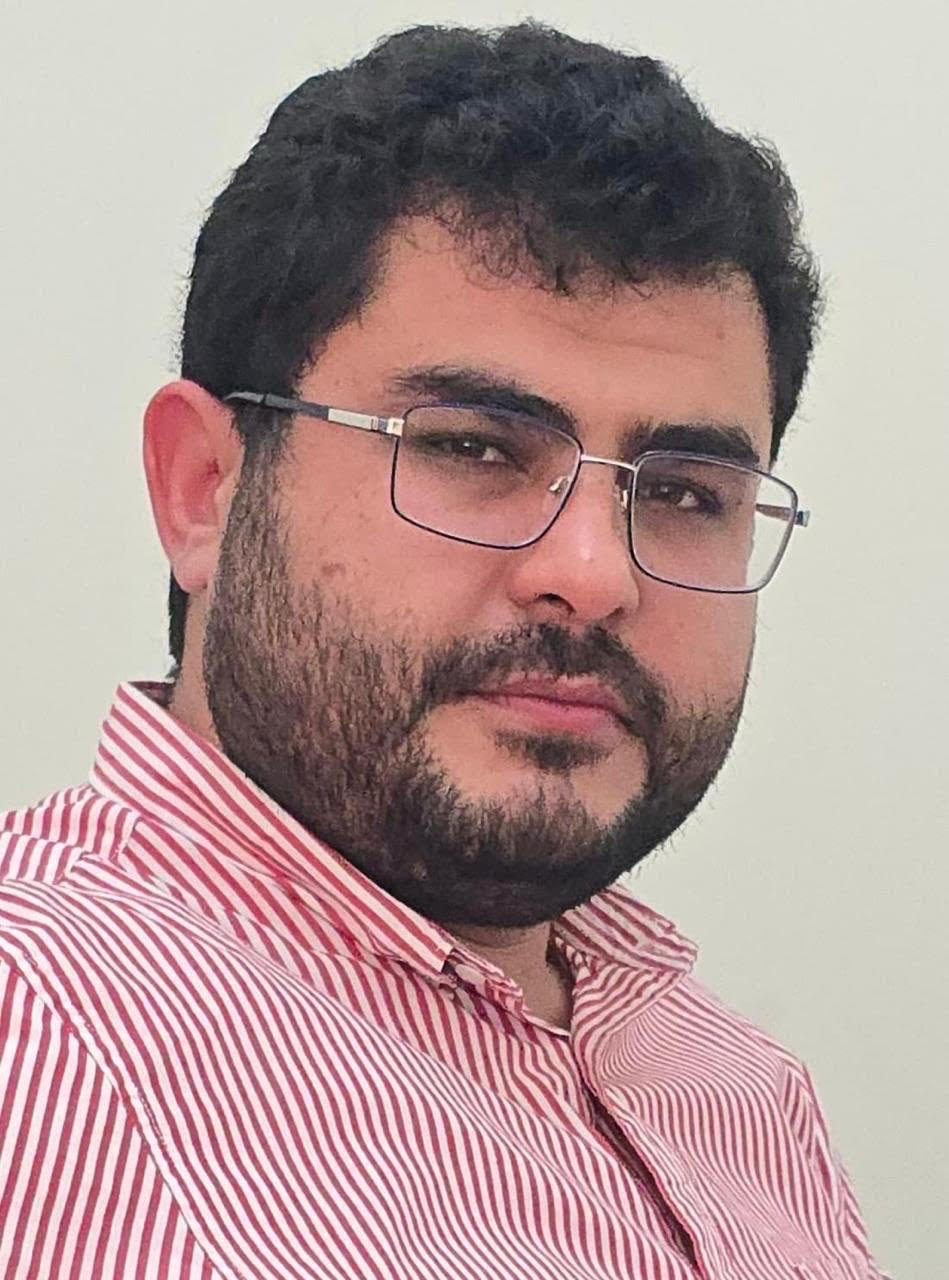Digital Censorship & Internet Shutdowns — Governments’ Growing Control Over Online Spaces
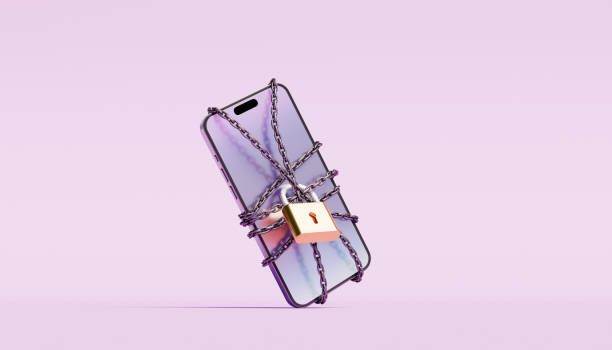
Okay, let's just dispense with the jargon and get to the actual story. There is a digital power grab taking place around Africa, and it ain't subtle anymore. Governments have figured out that if you want to control the conversation, all you gotta do is flip a switch and—bam—millions go silent. Forget the old-school newspaper bans; now it’s all about pulling the plug on the internet. And they’ve got their favorite buzzwords for it: “national security,” “public order.” right.
Listen, ten years ago, internet shutdowns were an oddity—some random occurrences here and there. Jump forward to 2024 and it's the new normal. Ethiopia? They’ve basically made it a seasonal event. Over 30 times they've gone dark, with Sudan, Algeria, and Uganda not far behind. The excuses change—elections, protests, even high school exams—but, honestly, it all comes down to one thing: keeping people in the dark whenever those in charge get nervous.
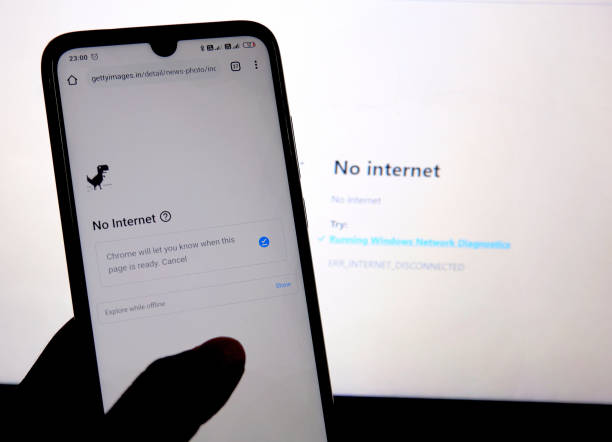
Take Ethiopia again—every time there’s a whiff of trouble, the internet just disappears. One minute you’re scrolling, next you’re staring at that spinning “no connection” symbol for hours or days. Supposedly, it’s to stop “misinformation.” Yeah, because people can’t just make stuff up offline, right? Sudan does it too—whenever protests heat up, they yank the cord. Algeria? They literally shut down the whole country’s internet just to stop cheating on exams. (I mean, is that really the main problem here?)
And don’t even get me started on Annobón island in Equatorial Guinea. After some environmental protests, the government cut them off and just… left them there. Months with no banking, no school, no way to email the doctor. It’s not just about stifling protest—it’s about choking off normal life.
What’s really wild is how slick this new censorship is. No more burning newspapers or raiding radio stations. Just a few clicks at a telecom office, and poof—digital silence. It’s almost invisible, which is probably the point.
But the fallout? Massive. Kenya and Tanzania alone lost more than $76 million in 2024 due to internet shutdowns. Kids get blocked from online classes. Journalists and activists? Good luck getting your message out when the audience has vanished.
So much for the big digital dream—empowerment, connection, all that. Right now, Africa’s internet is turning into a battleground. The question isn’t just about access or apps anymore; it’s about whether the internet can stay free when those in power keep reaching for the switch.
The Human Cost of Silence
Man, when a government chooses to close down the internet, the implications go way past not being able to miss out on a couple of memes or troll politicians on Twitter. We're talking about income, education, and even mere human interaction just—poof—erased from life.
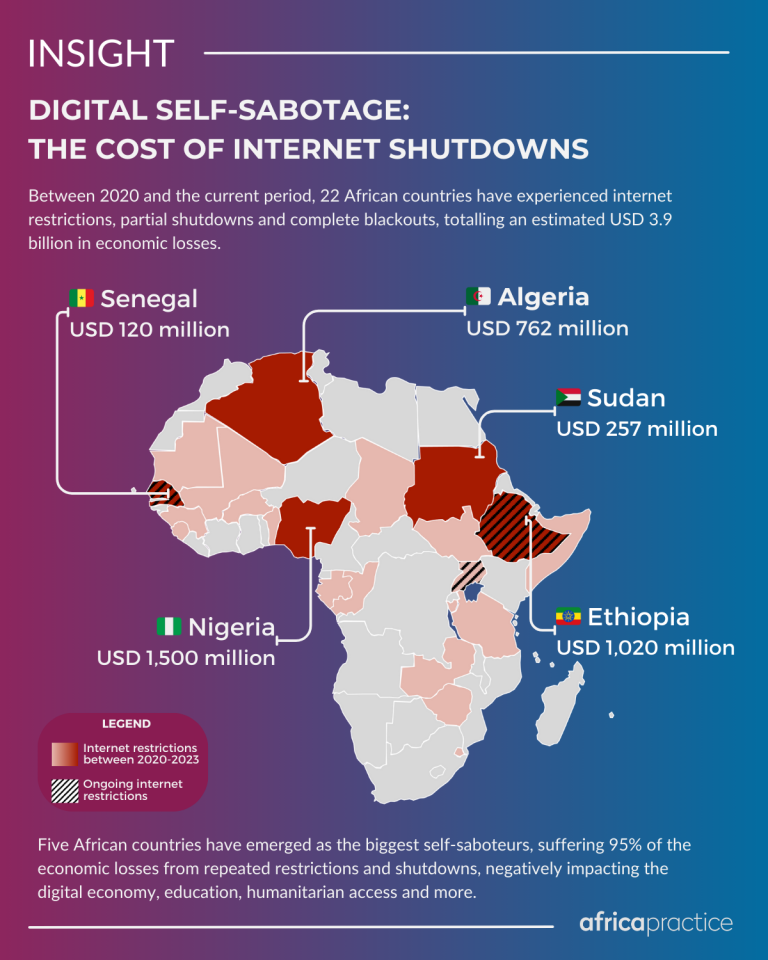
Small businesses get hit first and hardest. Picture a Nigerian designer hustling on Instagram, or a Kenyan coder working for some client halfway across the globe. No internet? No money. Orders dry up. Payments get stuck somewhere in the digital void. And guess what? There’s no safety net, no “sorry for your loss” compensation. You’re just out of luck.
Teachers in Ethiopia? They straight-up lost track of their students during blackouts. Over in Sudan, folks couldn’t even check if it was safe to leave their homes during unrest. And in Uganda, activists trying to keep things peaceful had their group chats and social media yanked offline.The digital world is no longer optional—it's glued to everything we do, from calling mom to ordering takeout. Turn off the signal and the world suddenly seems… diminished, hollowed out.
Then the rumor mill begins to grind. With official channels dark, everyone starts swapping half-baked stories and wild guesses. Ironically, the whole “let’s shut down the internet to stop fake news” thing just turbo-charges the spread of nonsense. People stop believing anything the government says. Trust crumbles, and you get this nasty stew of confusion and suspicion.
And if you want to talk about money? The numbers are brutal. Sub-Saharan Africa reportedly loses hundreds of millions every year thanks to these blackouts. Not just the obvious stuff like banks or delivery apps—farmers and students get sideswiped too. No mobile data means no up-to-date market prices, no online classes, nada.
But here’s the gut punch: it’s not just about cash. It’s about trust. Being able to message, post, or just scroll TikTok is basically a right now, not some luxury. When governments deprive them of that, it's like saying, "We don't trust you to handle your own conversations." Especially for younger generations, the message cuts deep. They live online. Take that away, and you’re basically telling them they don’t count.
Mentally? It’s rough. Imagine growing up constantly plugged in, then bam—radio silence. One college kid from Addis Ababa said during the blackout, “It’s like someone switched off the world.” Sending an “I’m okay” text was impossible.
However, it's not doom and gloom. People are resisting. Groups like Access Now and Paradigm Initiative are out here documenting every blackout with the #KeepItOn movement. Some courts in South Africa and Ghana are starting to wake up, saying, “Hey, internet access is a right, you can’t just cut it as you please.” These are baby steps, sure, but at least it’s something. The problem is, governments still love to play the “it’s for your own good” card, pretending that shutting people up keeps the peace—when all it really does is make things worse.
Between Control and Freedom
Africa’s digital future? It's actually a bit of a cliffhanger at this stage. Governments everywhere are waving the “we’re just protecting you” flag—talking up cybercrime, fake news, all that jazz. But, let’s be real: where does protecting people stop and just… shutting them up begin? That line? It’s pretty much a smudge these days.
They’re rolling out all these fancy “cybersecurity” and “digital safety” laws, but if you actually read the fine print—well, if you can call it fine print, most of it’s just broad, stretchy nonsense—they’re basically plugging loopholes to silence anyone who calls them out. Nigeria’s social media bill? People flipped out, and for good reason. It let the government kill off platforms—no judge, no jury, just… poof, gone. Tanzania’s cybercrime law? Post something they don’t like, and you could get slapped with a fine or even tossed in jail. “False information” often just means “stuff the government doesn’t want to hear.” Not exactly subtle.
It’s like they’re building these invisible walls online, all in the name of “order.” Feels more like a digital prison sometimes.
However, not all is doom and gloom. Individuals are getting craftier—and a lot more tech-savvy. VPNs? Through the roof. Young people are out here inventing new ways to say what they want, dodging censors with memes, slang, whatever works. Journalists? They’re slipping onto encrypted apps and even blockchain sites so nobody can just delete their work.
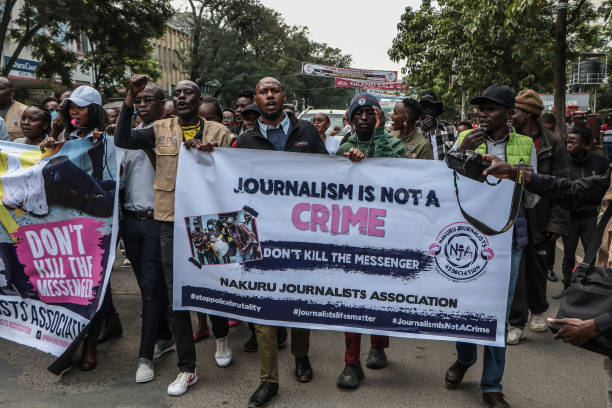
And then you have the curveballs—Ghana, Botswana—who are actually talking to their tech communities. Instead of locking things down, they're sitting people down, talking about digital rights, transparency, and building actual trust instead of just terrorizing everyone into silence. It turns out you don't have to be a control freak to have stability. Who knew?
Africa’s at this wild crossroads. The same tech that’s letting young people and entrepreneurs do amazing stuff? It’s tempting for governments to use it as a leash. The whole showdown—freedom vs. filtered silence—depends on how gutsy regular people and open-minded leaders are, right now.
Because, honestly, this isn’t just about the internet. It's always been about power. Who has it, who panics at the possibility of losing it, and—who every now and then—is brave enough to loosen their grip.
You may also like...
Ndidi's Besiktas Revelation: Why He Chose Turkey Over Man Utd Dreams

Super Eagles midfielder Wilfred Ndidi explained his decision to join Besiktas, citing the club's appealing project, stro...
Tom Hardy Returns! Venom Roars Back to the Big Screen in New Movie!

Two years after its last cinematic outing, Venom is set to return in an animated feature film from Sony Pictures Animati...
Marvel Shakes Up Spider-Verse with Nicolas Cage's Groundbreaking New Series!

Nicolas Cage is set to star as Ben Reilly in the upcoming live-action 'Spider-Noir' series on Prime Video, moving beyond...
Bad Bunny's 'DtMF' Dominates Hot 100 with Chart-Topping Power!

A recent 'Ask Billboard' mailbag delves into Hot 100 chart specifics, featuring Bad Bunny's "DtMF" and Ella Langley's "C...
Shakira Stuns Mexico City with Massive Free Concert Announcement!

Shakira is set to conclude her historic Mexican tour trek with a free concert at Mexico City's iconic Zócalo on March 1,...
Glen Powell Reveals His Unexpected Favorite Christopher Nolan Film

A24's dark comedy "How to Make a Killing" is hitting theaters, starring Glen Powell, Topher Grace, and Jessica Henwick. ...
Wizkid & Pharrell Set New Male Style Standard in Leather and Satin Showdown

Wizkid and Pharrell Williams have sparked widespread speculation with a new, cryptic Instagram post. While the possibili...
Victor Osimhen Unveils 'A Prayer From the Gutter', Inspiring Millions with His Journey

Nigerian football star Victor Osimhen shares his deeply personal journey from the poverty-stricken Olusosun landfill in ...



